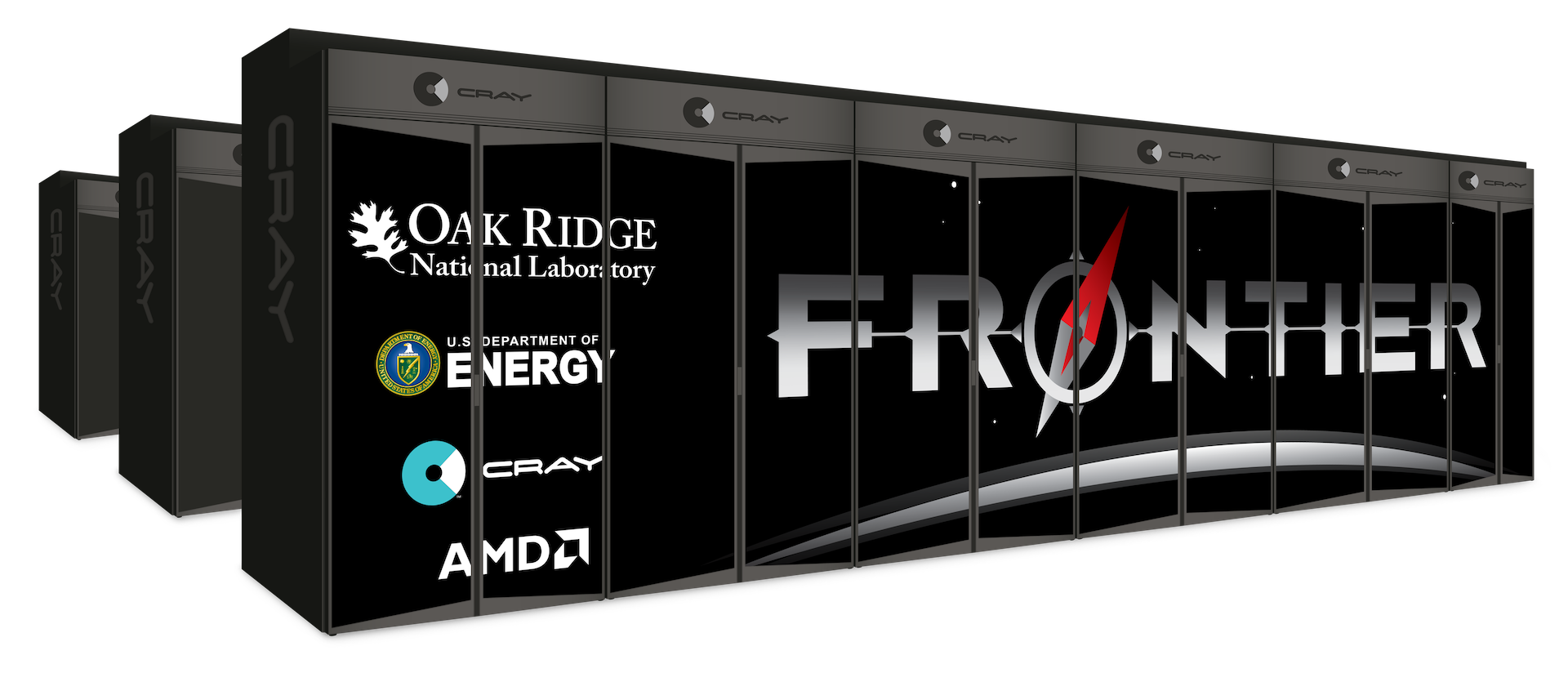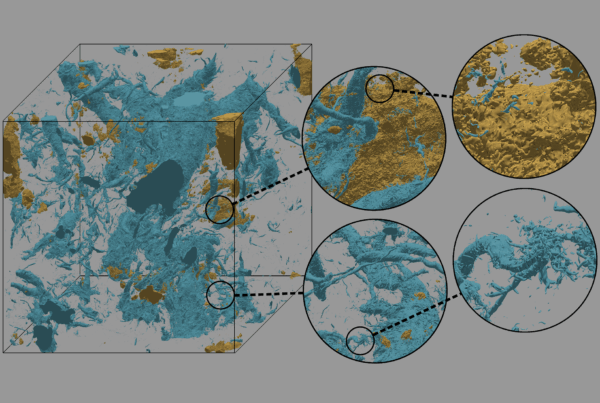On October 18, the US Department of Energy’s (DOE’s) Oak Ridge National Laboratory (ORNL) will celebrate the first-ever National Exascale Day.
The holiday—an initiative of DOE’s Exascale Computing Project (ECP) and Cray, a Hewlett Packard Enterprise Company—honors scientists and researchers who will make groundbreaking discoveries with the help of some of the fastest supercomputers in the world, such as Frontier, ORNL’s next supercomputer.
Currently in the works, the exascale supercomputer Frontier is scheduled to be delivered in 2021 to the Oak Ridge Leadership Computing Facility (OLCF), a DOE Office of Science User Facility at ORNL.
The performance of exascale computers is measured in exaflops. One exaflop equals one quintillion calculations per second, a number that is mathematically notated as 1018.
“The power of supercomputers will increase greatly with Frontier, and we are very excited about that,” said Justin Whitt, Frontier project director. “On 10/18, we will celebrate the work of the scientists who will harness Frontier’s exaflop-level performance to make the next scientific breakthroughs possible.”
Two other exascale supercomputers are also being developed at DOE facilities: Aurora, which will be located at Argonne National Laboratory in Illinois, and El Capitan, based at Lawrence Livermore National Laboratory in California.
ORNL’s Jeff Nichols, associate laboratory director for computing and computational sciences, will participate in an online panel discussion on how the exascale era will change the face of computational science. The webcast, which will be moderated by Hyperion Research, will take place on October 18 at 11:00 a.m. (EDT). Registration is free, and those interested can join here: https://www.cray.com/resources/exascale-day-panel-discussion.
ORNL is managed by UT-Battelle LLC for the Department of Energy’s Office of Science, the single largest supporter of basic research in the physical sciences in the United States. DOE’s Office of Science is working to address some of the most pressing challenges of our time. For more information, please visit https://energy.gov/science.






